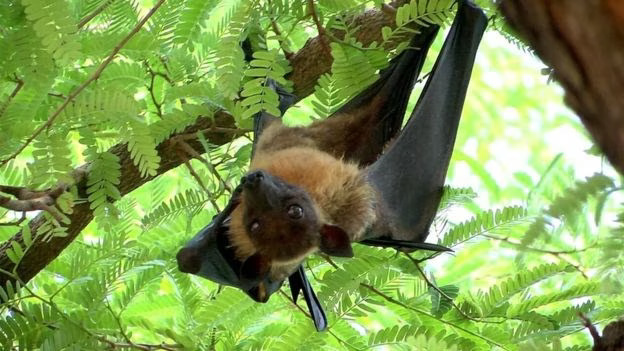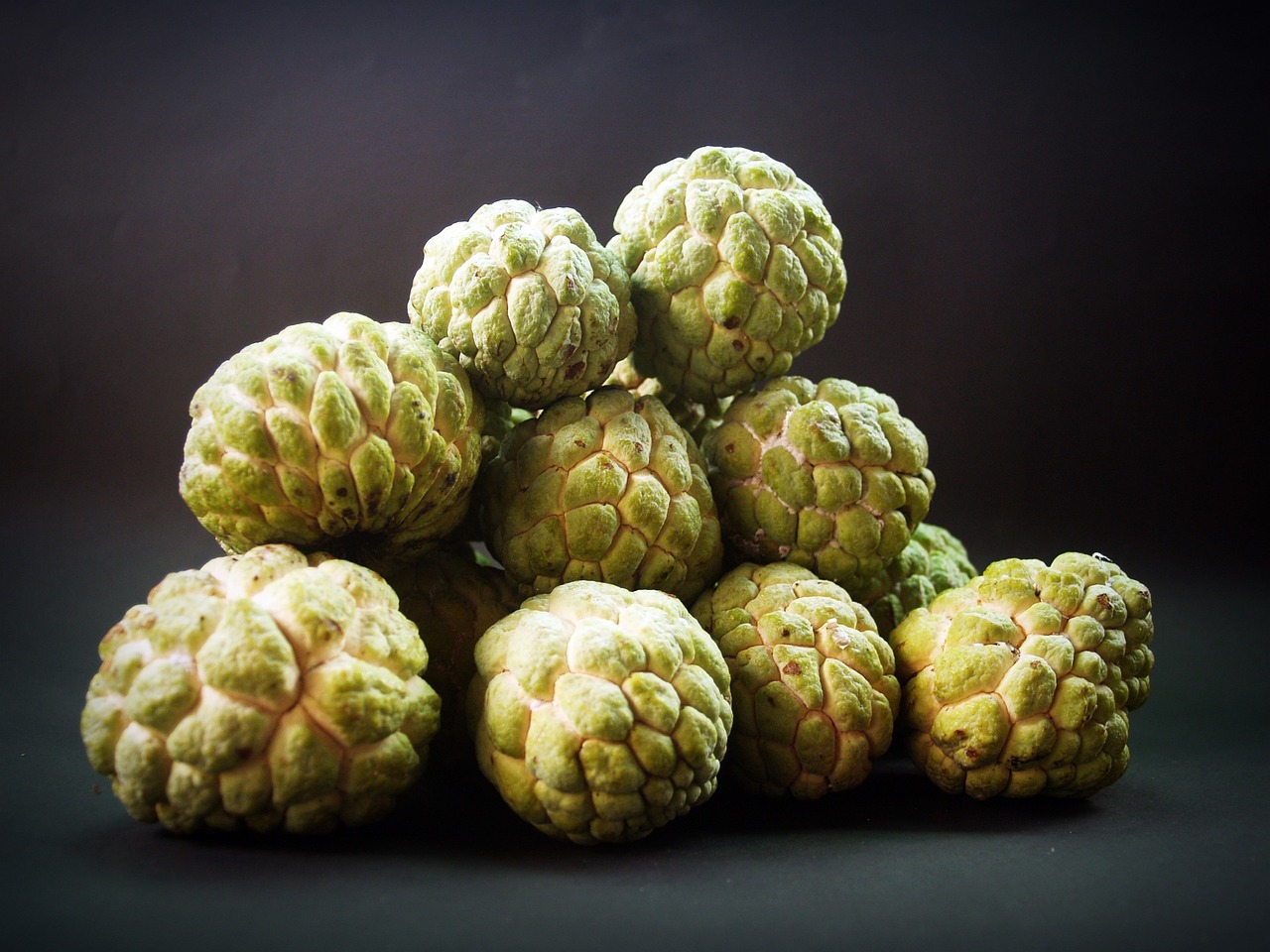Kerala government has issued an alert after confirmation of two deaths from the rare Nipah virus.
Two relatives of a victim have also tested positive for the virus and are getting treatment.
What is Nipah Virus?
Nipah virus is a zoonotic virus that can be transmitted from animals to humans. It was first identified in Malaysia in 1999 and has caused outbreaks in several countries, primarily in South Asia.
Nipah Virus symptoms
Nipah virus infection can lead to severe respiratory and neurological symptoms, including fever, cough, headache, and in some cases, encephalitis (inflammation of the brain).
Precautions to prevent Nipah transmission:
Avoiding Contact with Infected Animals
Do not handle or consume fruit that may have been contaminated by bats, which can carry the virus. Avoid direct contact with sick animals.
Practice Good Hygiene
Wash your hands regularly with soap and water, especially after handling animals or their products.
Limiting Exposure
During outbreaks, avoid close contact with individuals who have symptoms of the virus infection.
Use of Personal Protective Equipment (PPE)
Healthcare workers should use appropriate PPE, such as gloves and masks, when caring for infected individuals.
Avoiding Raw Date Palm Sap
In some outbreaks, Nipah virus has been transmitted through the consumption of raw date palm sap that has been contaminated by bats. Boiling or properly treating the sap can reduce this risk.
Isolation and Quarantine
Individuals with suspected Nipah infection should be isolated, and their close contacts should be quarantined and monitored for Symptoms.
Important note: This virus is relatively rare, but it can be deadly. If you suspect someone may have Nipah infection, it’s crucial to seek medical attention promptly and follow the guidance of healthcare professionals and public health authorities.




